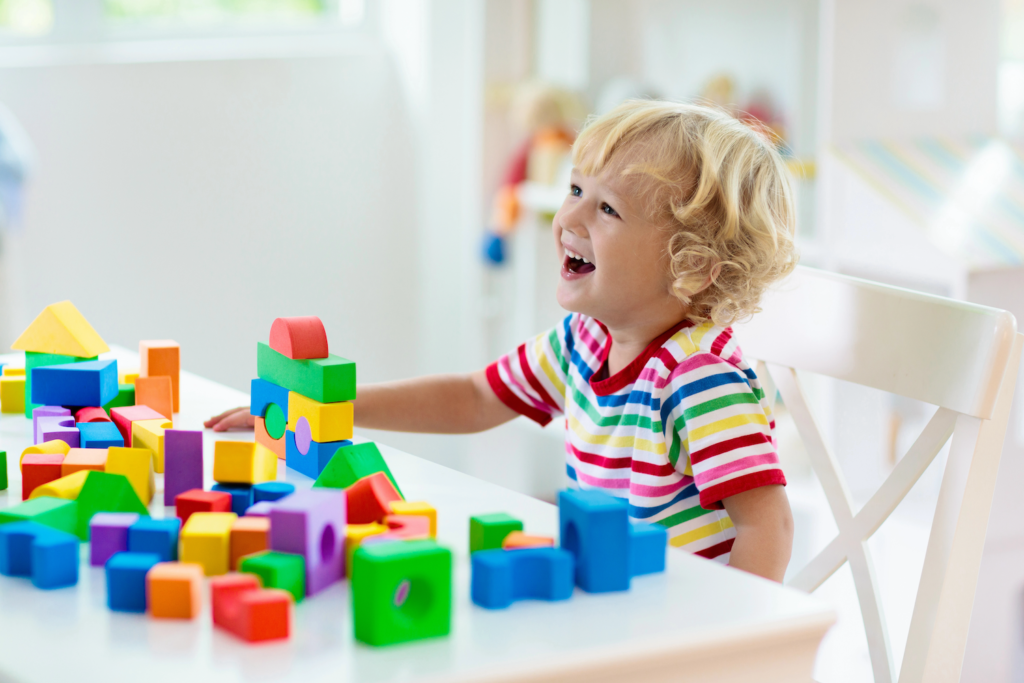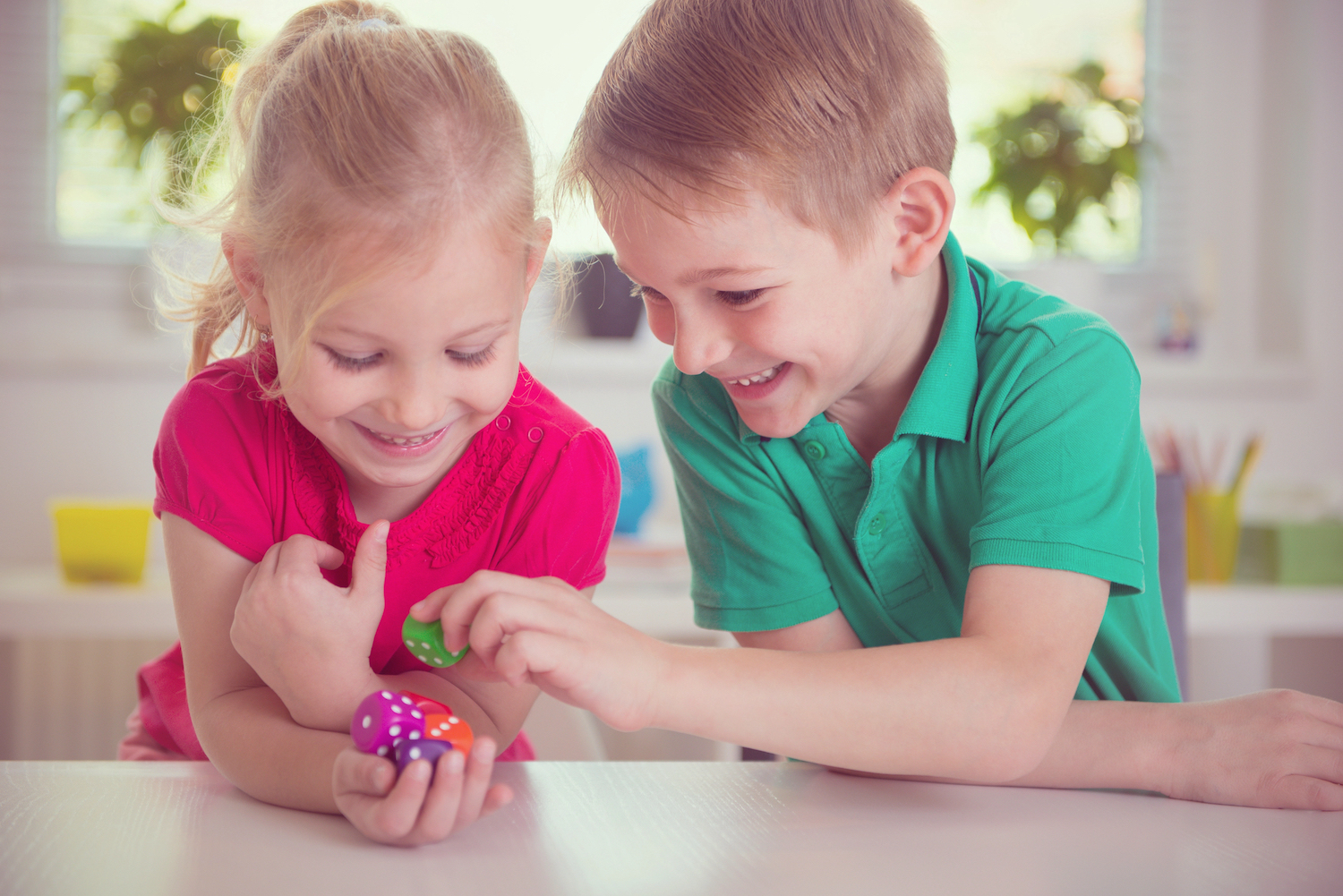As a teacher, I often find that my students have busier schedules than I do. Their days start early, with before-school care at 7:30 am, followed by a full day of structured learning. But when the school bell rings, their day is far from over. Afternoons are filled with piano and guitar lessons, soccer practice, dance classes, and extra tutoring. Every hour is carefully planned and led by an adult. By the time they get home, there’s still homework to finish, an instrument to practice, dinner to eat, and a book to read before bed. And then, the cycle repeats.
In a world brimming with opportunities for children to develop skills and explore their potential, one essential part of childhood is quietly slipping away: free, unstructured play. When do kids get the chance to simply be kids?
The Disappearance of Free Play
There’s no denying that children today have more opportunities than ever before. They can learn new skills, develop talents, and build bright futures through structured activities. But at what cost?
Many of us grew up differently—spending hours outdoors, climbing trees, inventing games, and running barefoot in the backyard. We stayed outside until mosquito bites finally sent us running indoors. Back then, it didn’t seem special—it was just what kids did. But looking back, those moments were more than just fun. They were shaping us in ways we didn’t realise.
Why Free Play Matters
According to the American Academy of Pediatrics (AAP), free play is more than just a way to pass the time—it’s vital for a child’s development. It helps children:
- Develop creativity and imagination – Play allows kids to invent, explore, and experiment without rules or limitations.
- Improve social skills – Unstructured play teaches children how to share, work together, and resolve conflicts on their own.
- Build confidence and independence – Making their own choices fosters self-reliance and resilience.
- Enhance problem-solving skills – Facing challenges in play teaches kids to think critically and adapt to new situations.
- Support learning and school readiness – Play improves focus, perseverance, and cognitive flexibility.

What Teachers Notice
As a teacher, I see firsthand the difference that free play makes in a child’s development. Students who regularly engage in unstructured play—especially before school—often have:
- A broader vocabulary and better communication skills
- More creativity and problem-solving abilities
- Greater independence and confidence
- A stronger ability to take risks and persist through challenges
On the other hand, children who spend all their time in structured activities sometimes struggle with self-direction, imaginative thinking, and resilience in the face of setbacks.
Making Time for Play
With the holidays approaching, there’s no better time to slow down and let kids reclaim their childhood. Encourage them to:
- Spend time outdoors – Run, climb, explore, and get a little messy.
- Be creative – Build forts, paint, invent games, and let their imaginations take the lead.
- Use their imagination – Engage in pretend play, make up stories, and create their own adventures.
- Move freely – Dance, jump, roll in the grass—whatever feels fun in the moment.
And parents, this isn’t just for kids. Play is just as important for adults. It strengthens family bonds, relieves stress, and reminds us of the simple joy of being in the moment. So join in! Laugh, explore, and rediscover the magic of unstructured play together.
Final Thoughts
In today’s fast-paced, achievement-driven world, free play is more important than ever. It builds skills that structured activities can’t always provide, fostering creativity, resilience, and social connection. So let’s make space for play—because childhood should be about more than just a packed schedule.
You may also like to read:









